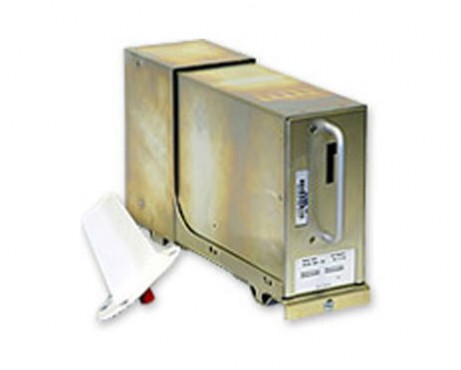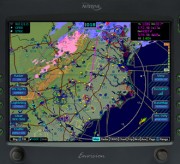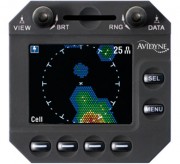 Shopping cart: 0
Shopping cart: 0 
|
|
Garmin brings the promise of “Free Flight” one step closer to reality with the GDL 90, aviation’s first certified ADS-B datalink transceiver. GDL 90 combines GPS satellite navigation with datalink communications to deliver interactive traffic and hazard surveillance.
Report and Receive Surveillance Data
GDL 90 is designed to transmit, receive and decode Automatic Dependent Surveillance-Broadcast (ADS-B) messages via onboard datalink. It broadcasts your aircraft's position, velocity, projected track, altitude and flight identification to other equipped aircraft in your vicinity, as well as to ground-based transceivers maintained by the FAA.
Get Ready for Free Flight
ADS-B is a key enabling technology for Free Flight — an airspace management concept that will ultimately make flying safer and provide more efficient use of our airspace. With ADS-B you "see" aircraft traffic with much more precision than with existing ground-based radar systems. The GDL 90 relies on the development of the FAA’s Safe Flight 21 program, which is currently implementing the ground-based portion of the ADS-B network.
Enhance Situational Awareness
Current benefits of the GDL 90 include more extensive and tactical surveillance data for traffic and hazard avoidance. This includes the ability to receive continuous detailed weather information, as well as Temporary Flight Restriction (TFR) data and TIS-B traffic/ conflict information (uplinked from ground radar). Being able to see and react to the same traffic picture that controllers are watching on their radar scopes provides an extra margin of safety in the air. And since the government plans to offer this data free of charge, the added safety comes at a real savings over similar commercial uplink services.
Interface with GMX 200
GDL 90 is a TSO C154 remote mount unit. It includes a TSO-C145a WAAS GPS sensor that can feed other devices with highly accurate positioning information. The broadband datalink operates on 978 MHz. GDL 90 is designed to interface with Garmin’s popular GMX 200 color multifunction display (MFD) or other approved cockpit screen presentation.






